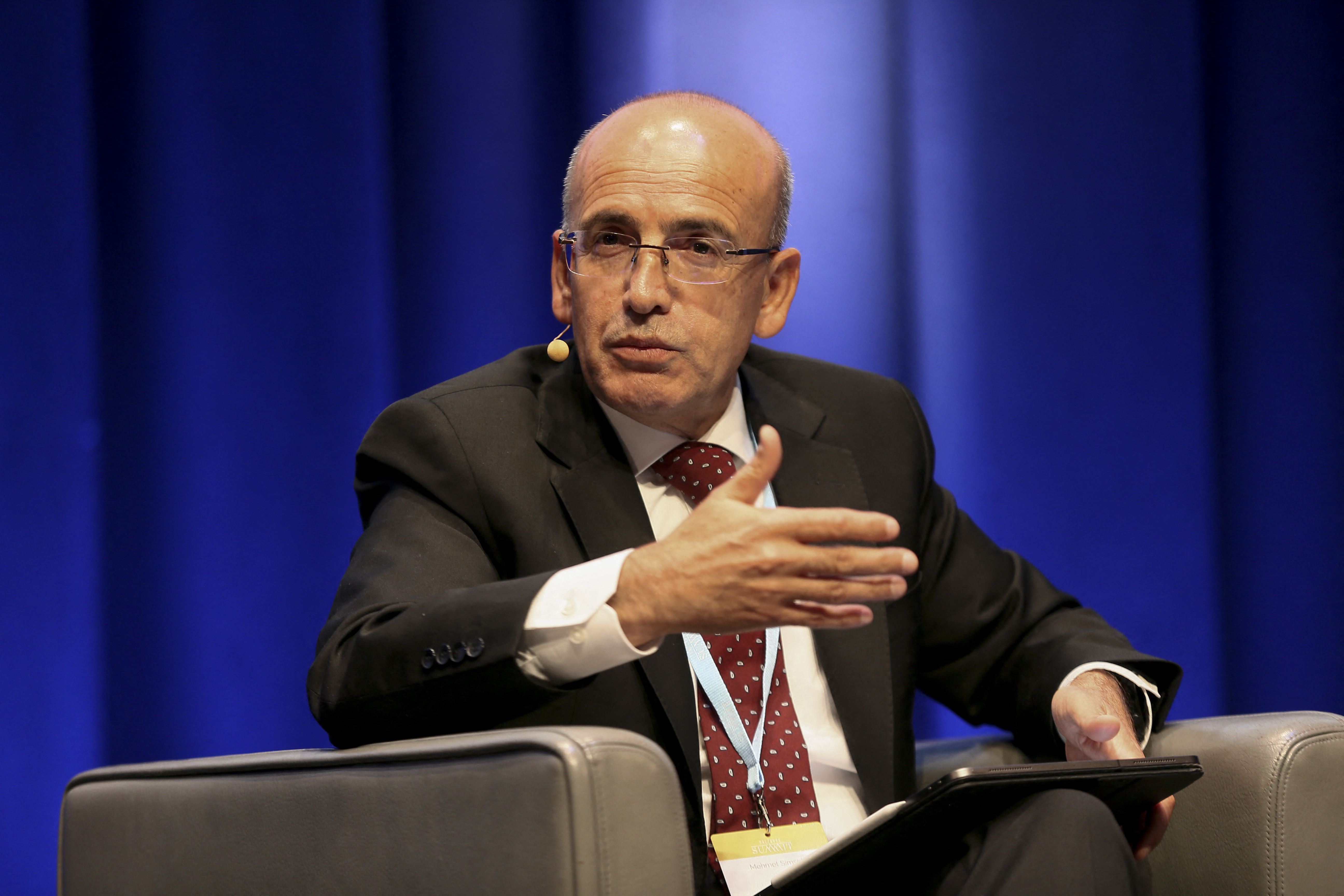
There will be plenty of evidence going forward that inflation is falling in line with the Central Bank’s estimates, if not lower, Şimşek said.
The annual inflation accelerated from 61.36 percent in October to 61.98 percent in November, according to the latest official data.
However, the monthly increase in consumer prices slowed from 3.43 percent to 3.28 percent.

The Central Bank forecasts that inflation will be 65 percent at the end of 2023 and 36 percent next year.
“We have a lot of homework, attaining price stability, restoring fiscal health, rebalancing growth on a sustained basis and narrowing current account deficit,” Şimşek also said.
All of these require implementing comprehensive structural reforms, as well as sound policies, Şimşek noted.
“I know the markets still have some degree of skepticism, and we expect that, which means we have to deliver before we can win them over.”
Türkiye has been fiscally prudent over the past 20 years, but this and next year will be challenging, the minister said.
This year they penciled in a deficit of 6.4 percent of GDP when they redesigned the economic program, but it looks like the deficit is going to be significantly below 6.4 percent of GDP, he noted.
The earthquake still will be an important factor in the deficit next year, but from 2025 onwards and 2026, Türkiye will return to primary surpluses, Şimşek said.